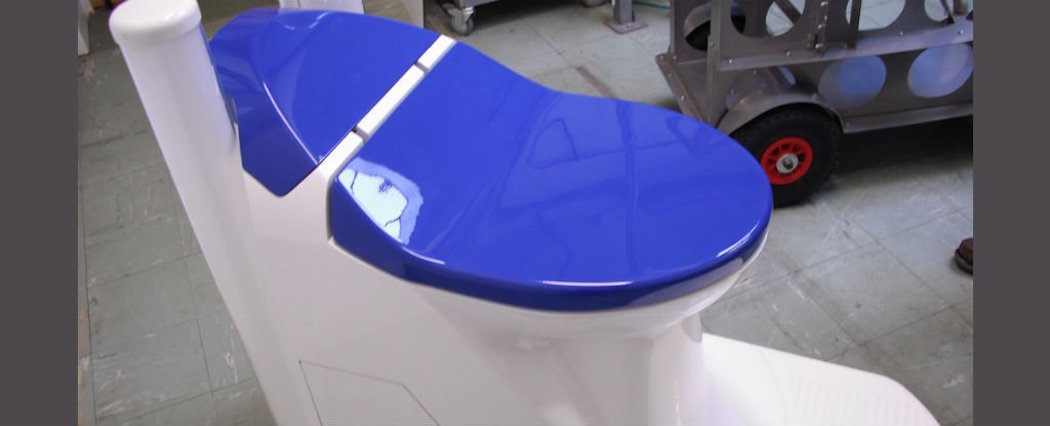
2.3 Billion
Around the world, there are 2.3 billion people who live without access to safe and clean toilet facilities. Unfortunately, this can lead to a host of diseases, thanks to unsanitary conditions. To address this, UK scientists sought to design a cheap, waterless solution that could also produce energy from human waste.
Dubbed the Nano Membrane Toilet, the technology was backed by the Bill and Melinda Gates Foundation, and it is environmentally friendly, easy to maintain, and has been in development for more than three years. And here it is (at last)…

Anchored on a nanotech membrane, the toilet is able to effectively separate vaporized water from the rest of the waste after some initial sedimentation. Nano-coated beads start the formation of clean water droplets on the other side.
Using an archimedian screw system, the remaining content of the toilet is then sent to a second chamber, where it is now incinerated, turning it into ash or heat. Details regarding the process involved in the second stage are still hazy, as scientists are still finalizing it, but they are confident about its ability to produce enough energy to power the entire system, plus a few small gadgets!
If that’s not enough, the leftover ash can also be used as fertilizer.
Closing the lid activates a proprietary rotating mechanism, essentially replacing the flushing system in traditional toilets, and it will prevent unwanted odors.
Toilet Facilities
Currently, the Nano Membrane Toilet is scheduled to begin trials in Africa. And should trials go successfully, it could be rolled out to other developing nations where the squalid state of toilet facilities typically lead to diseases as well as hygiene and safety issues.
The inventors behind the technology, researchers from Cranfield University, plan to distribute the toilet system following a rental system, with Ghana being singled out as a potential location for its pilot trials.
Beyond applications in developing countries, it’s a technology that can also be used from military vehicles to luxury yachts.
For some, it may seem a little…weird. However, as our population continues to increase, we create more pollution and waste. Ultimately, the future will depends on innovations like this one.